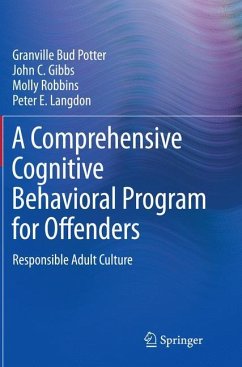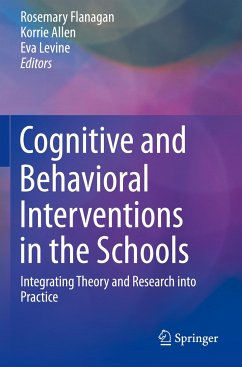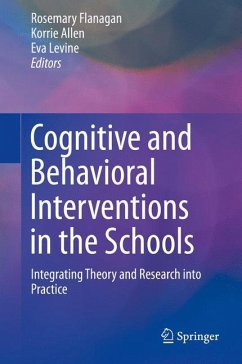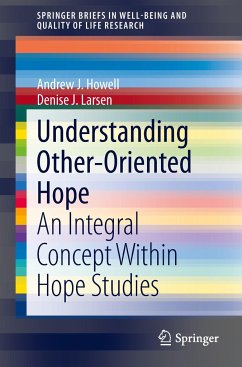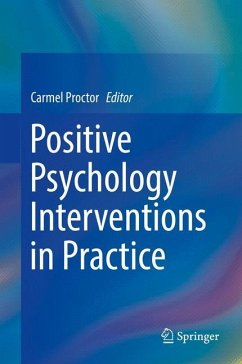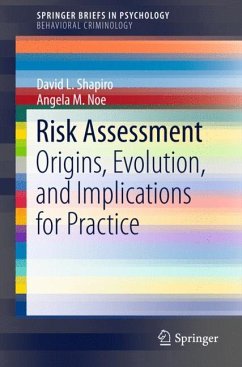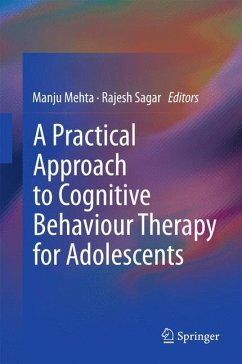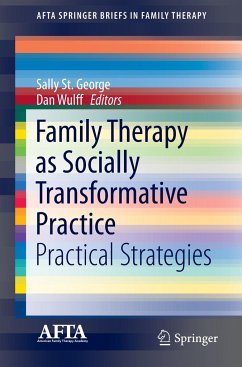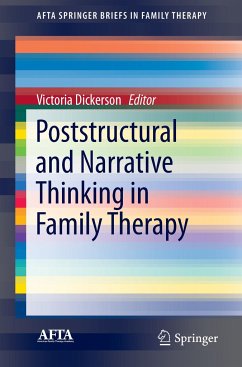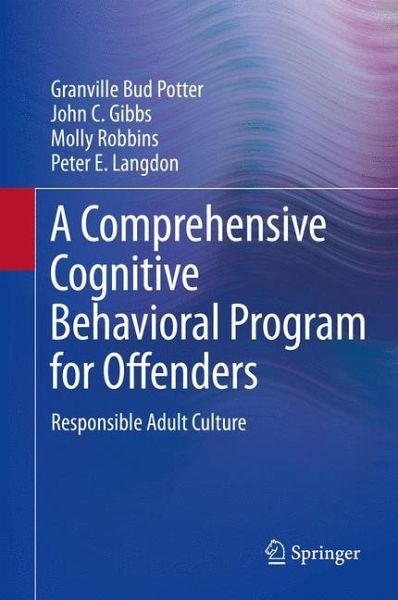
A Comprehensive Cognitive Behavioral Program for Offenders
Responsible Adult Culture
Versandkostenfrei!
Versandfertig in 6-10 Tagen
38,99 €
inkl. MwSt.
Weitere Ausgaben:

PAYBACK Punkte
19 °P sammeln!
This book presents Responsible Adult Culture (RAC), a truly comprehensive program for helping offenders to think and act responsibly. It provides the tools of the program with great clarity. In addition to exploring the needs of all offenders, the book addresses the special needs of both female and dual-diagnosis offenders. Responsible thinking means habitually seeing others and situations accurately, rather than in self-serving and egocentrically distorted ways. Because self-centered thinking is typically reinforced by negative group norms, RAC starts with the cultivation of a constructive cl...
This book presents Responsible Adult Culture (RAC), a truly comprehensive program for helping offenders to think and act responsibly. It provides the tools of the program with great clarity. In addition to exploring the needs of all offenders, the book addresses the special needs of both female and dual-diagnosis offenders. Responsible thinking means habitually seeing others and situations accurately, rather than in self-serving and egocentrically distorted ways. Because self-centered thinking is typically reinforced by negative group norms, RAC starts with the cultivation of a constructive climate ("mutual help" groups) to motivate change. Motivated group members then gain tools for responsible thinking through "equipment" (cognitive behavioral) meetings. These tools pertain to social skills, anger management, and the correction of self-centered thinking through social perspective taking (cognitive restructuring). Beyond documented reductions in distorted thinking and recidivismrates, RAC's synergy or round-the-clock interpenetration of positive groups and tools promotes a safer and more humane institutional culture.




